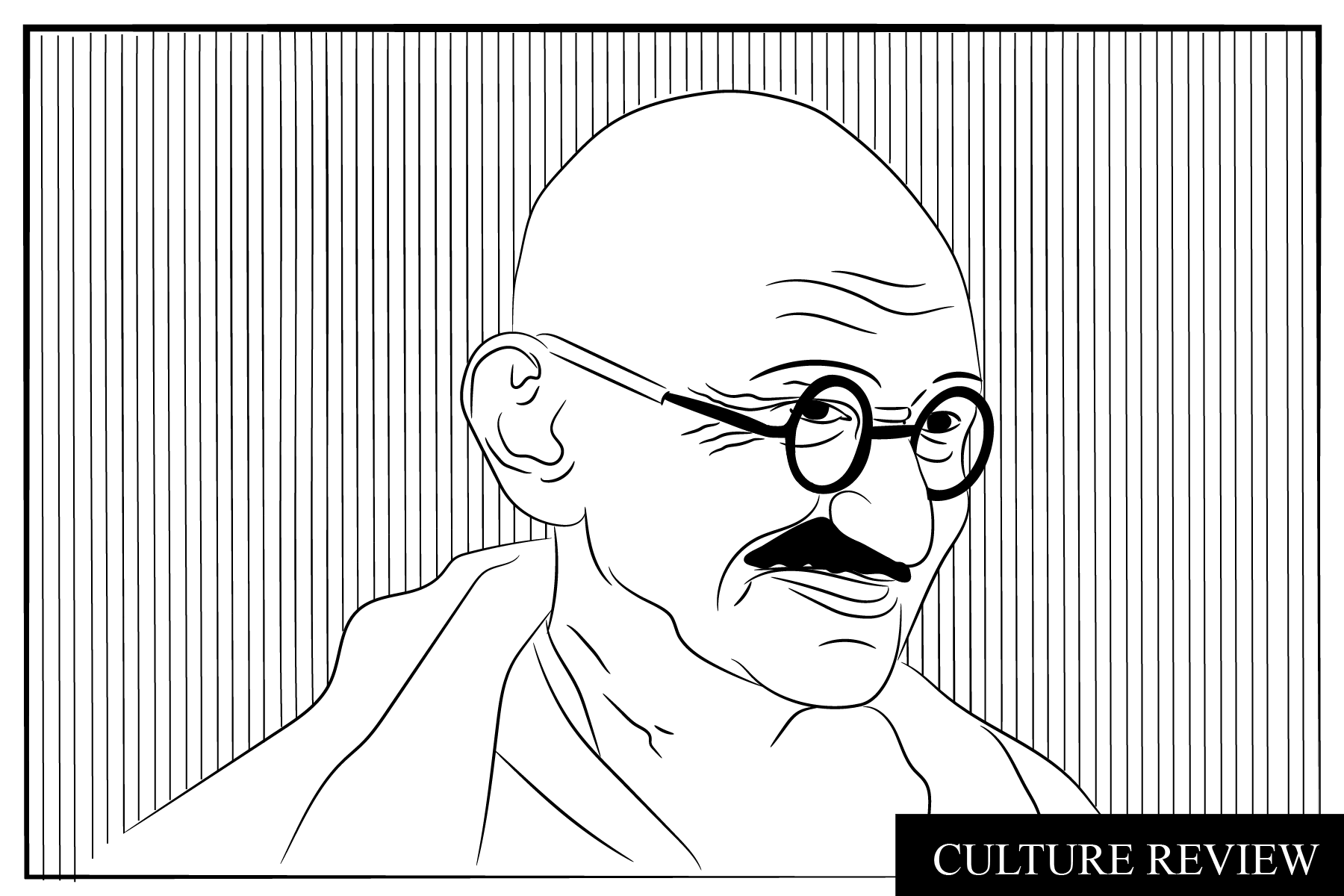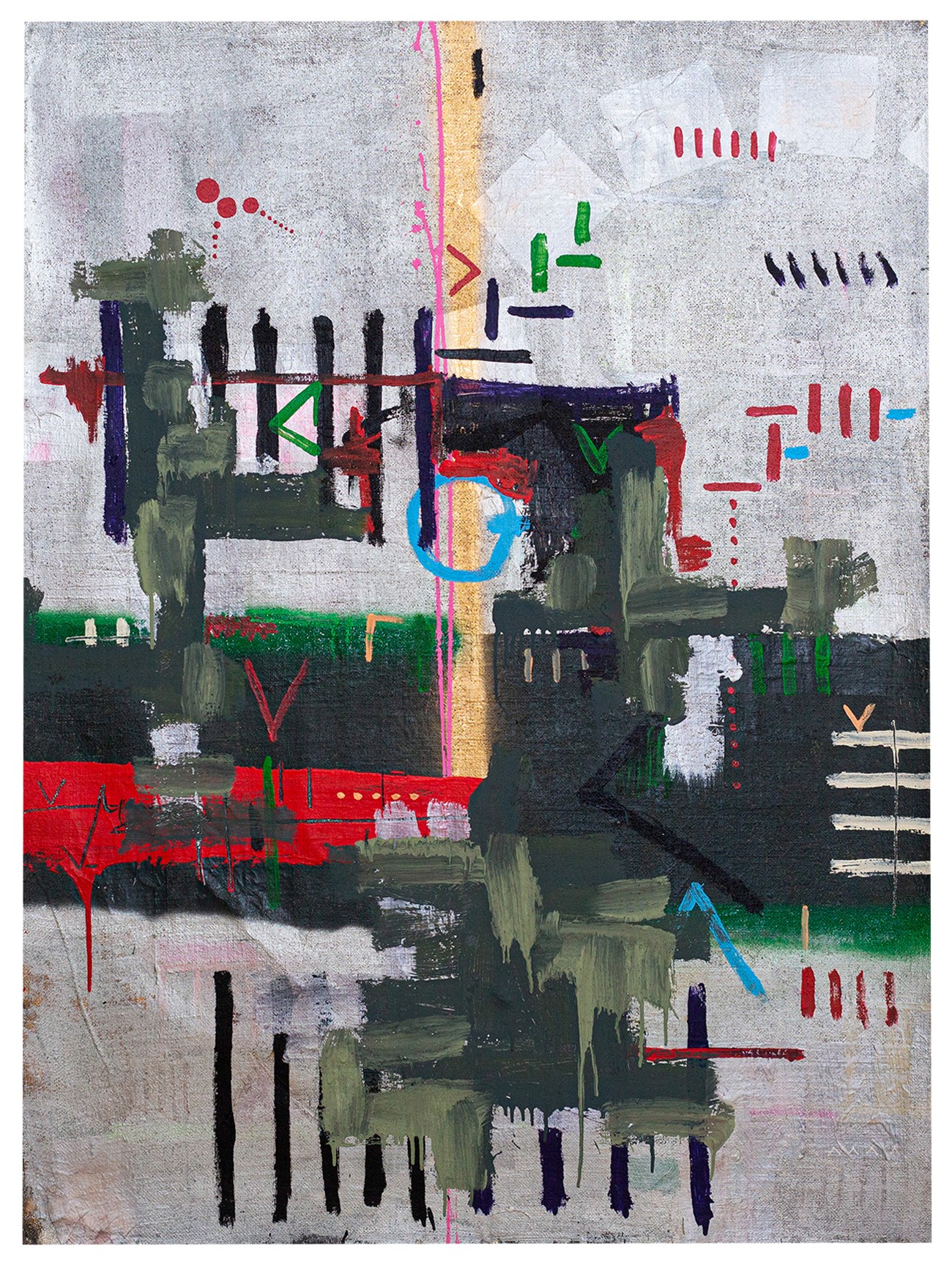What to do about the legacy of Mahatma Gandhi?
Annually on the 30th of January, we are confronted by his ghost. For some, it reminds us of a struggle against imperial power, the tools of nonviolence and the pursuit of peace. This man, Gandhi, is revered as a prominent “Man of the Book”, a beacon within troubling times and an enduring spirit of resistance. After all, he is most known for leading nonviolent resistance against British imperialism. Realistically, he is likely known only in platitude, as a singular dimension aspiration of what every human should be. “Be the change you want to see in the world,” and other idioms. For most, that’s as much as we know or care about Gandhi.
But cast in the shadow of this reverence is a darker history. Gandhi was explicitly racist and much of hls very strong anti-Black views persist in Indian communities today. So, the question persists. What to do about Gandhi's legacy?
Gandhi called us Kaffirs
According to South African historians (As reported by BBC), Ashwin Desai and Goolam Vahed, Gandhi believed in separating the Indian and African struggle. They document him writing to the government in Natal in 1893, "general belief seems to prevail in the Colony that the Indians are a little better, if at all, than savages or the Natives of Africa".
Not long after, in 1904, Gandhi called on authorities to "withdraw Kaffirs" from a mixed residency of Africans and Indians in Johannesburg. "About the mixing of the Kaffirs with the Indians, I must confess I feel most strongly."
A Gandhi biographer, Ramachandra Guha, in a lengthy interview with NPR, delivered a chilling account of Gandhi's racist views. "He thought in his 20s that Europeans are the most civilized. Indians were almost as civilized, and Africans were uncivilized."
Guha does note that Gandhi's views on race changed during his 21-year stay in South Africa, but such "Amazing Grace" good faith transformation should still be taken with skepticism by a Black population so horrifyingly betrayed by Gandhi.
A major justification of the apartheid system was the belief that racial markers should be identifiers of social status. Apart from creating enclaves for white people, there were deliberate efforts to separate Black African, Indian and Coloured people of colour which further justified a racial hierarchy, positioning white people atop.
Any support for Black-Indian racial segregation was also support for the logic of a wider regime of race classification and segregation -- apartheid.
Gandhi Must Fall
In 2018, Malawian youth launched a campaign against the erection of a Gandhi statue in Blantyre. In December that year, a Gandhi statue was removed from the University of Ghana in Accra. Such movements relate to a 2015 youth campaign to remove the statue of Cecil John Rhodes in South Africa's University of Cape Town. In fact, the week following the removal of the Rhodes monument, a Gandhi statue was defaced in Johannesburg within the same spirit.
Fallism presents an answer to a youth grappling with Gandhi's darker history. We should stop edifying, glorifying and revering a man that saw us as racially inferior Kaffirs. Historical records should include his racist views, while teaching him. Many of us have graduated from school curricula without a whisper of Gandhi's racism. History has been manipulated. A blanket has been drawn over the shadow of its heroes.
The celebration of Gandhi has come at the expense of those Black people in Natal in 1893, in Johannesburg residences in 1904, and in the hospitals of Durban in 1905 (which Gandhi called to be segregated). The victims of his racist attitudes are wiped away when we ignore them.
Remember the true Gandhi
Our commitment to justice and the liberation of Black people should motivate us to forget the Gandhi that we were taught to love and remember the Gandhi who lived. There can be no reckoning with racial segregation and anti-black sentiments within Indian communities without this truth.
After all, South Africa is on a reconciliatory mission to create a nonracial democracy. But reconciliation cannot be built on mistruth. Furthermore, acknowledging Gandhi's racism means we can't glorify him. His statues should be removed. His status as a hero should be revisited. Our textbooks must be rewritten.
Forgetting Gandhi is, therefore, an act of remembering Gandhi and remembering the struggles of Black people in the then-colony of South Africa. It is a commitment to not erasing our blackness anymore.






















